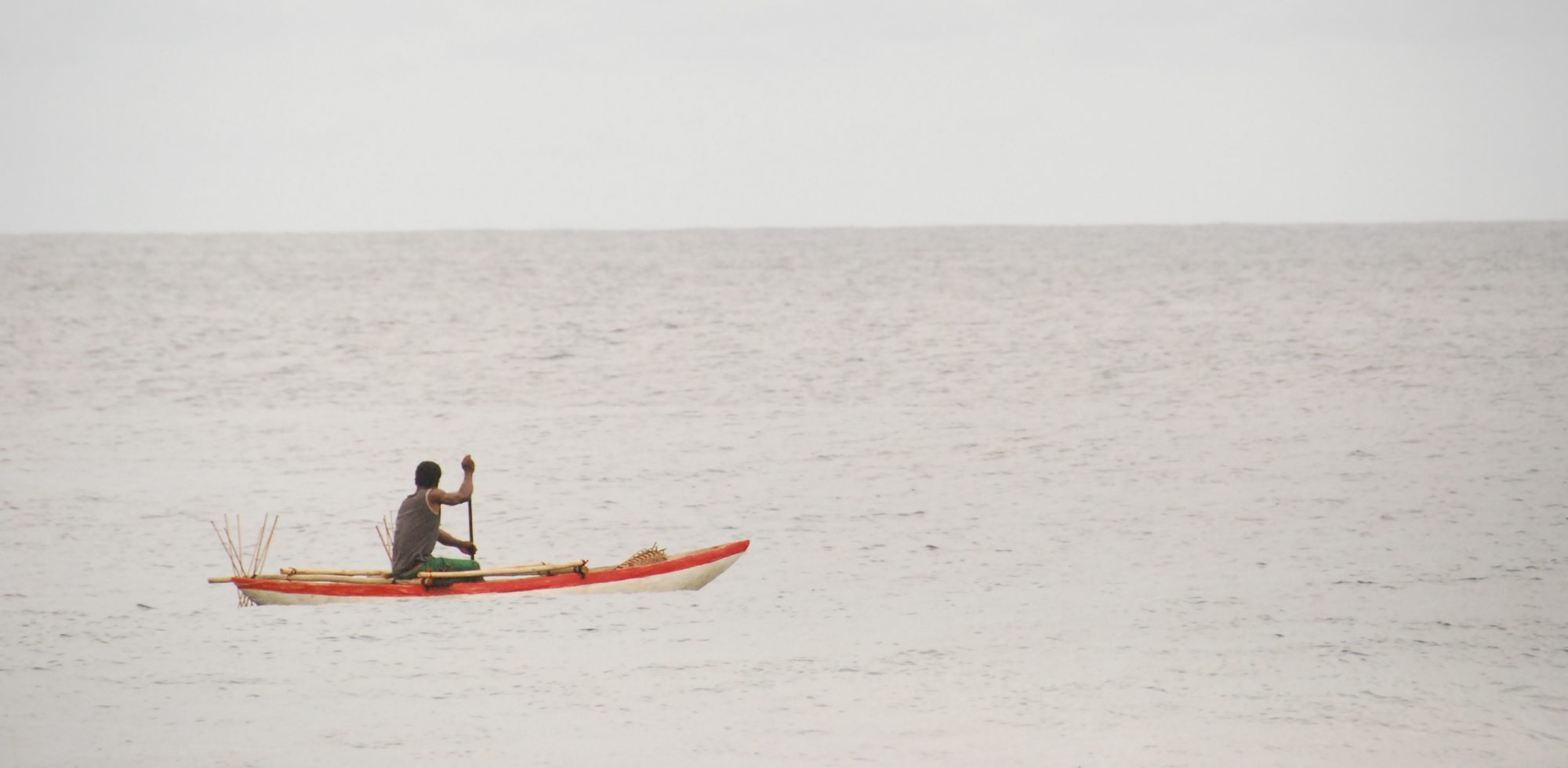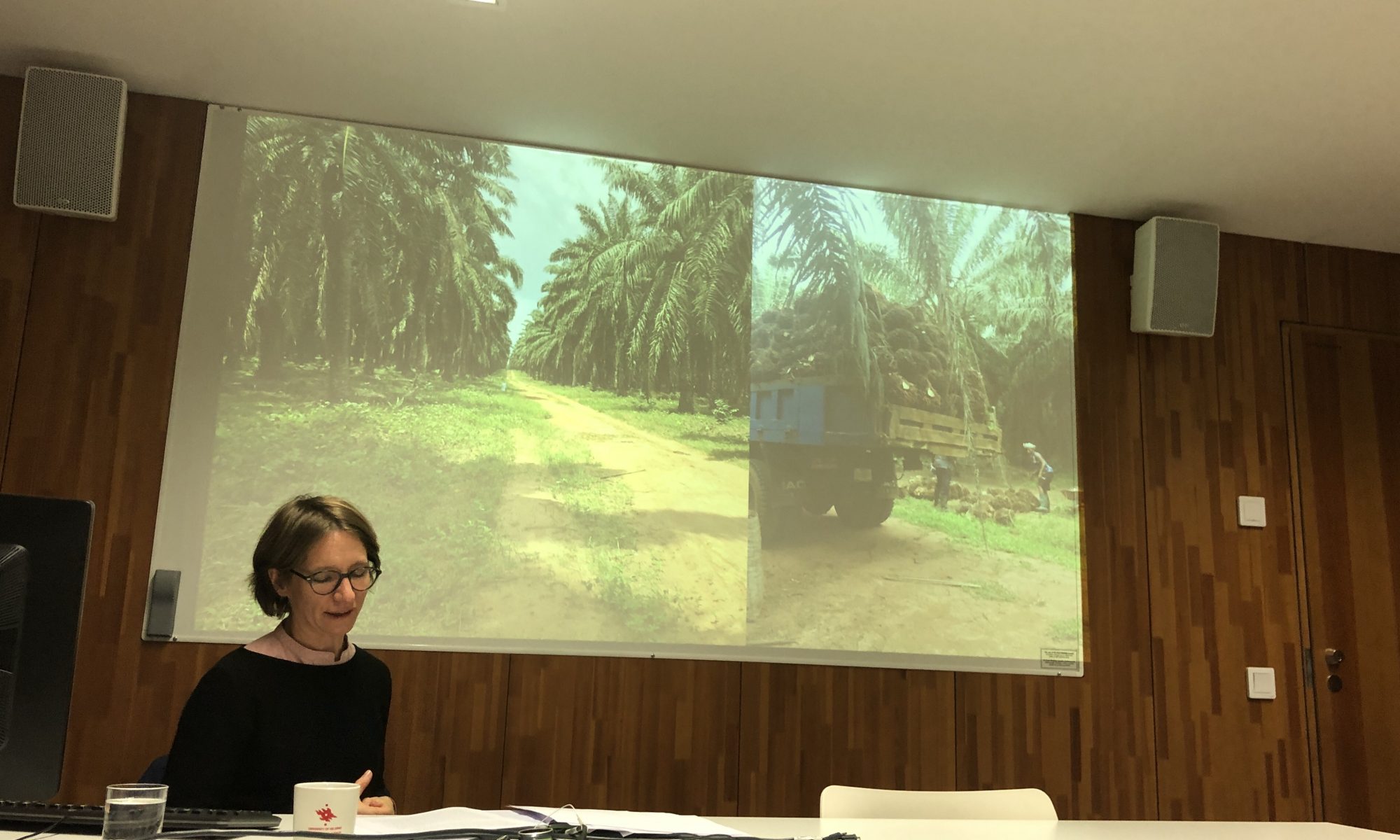Palm oil and its devastating ecological impacts have become a focal point for global environmental activism, with both boycotting campaigns and certification schemes now more developed and prominent for palm oil than for any other commodity – and many heated debates over the advantages and disadvantages of each strategy. Before entering these debates, however, we need to appreciate the extraordinary extent and depth to which palm oil has transformed our global landscapes and ecosystems as well as everyday lives; it is no exaggeration to say we all live in a palm oil world. This paper presents a first attempt to capture and engage with this global phenomenon anthropologically, drawing in particular on three key concepts that have dominated ecological anthropology in recent years: the Anthropocene, nonhuman agency, and entanglement. It explores how these concepts can help us to ‘think through’ the global palm oil industry, and, conversely, how a focus on palm oil contributes to our thinking on the Anthropocene, non-human agency, and entanglement. It ends by reflecting more generally on what insights, if any, such a holistic, global ‘one-commodity’ anthropology of palm oil can offer that more focused, local studies perhaps cannot.
About the presenter: Pauline von Hellermann is an environmental anthropologist and political ecologist, and has carried out research in southern Nigeria ( a project on forest resource governance and politics); in Tanzania ( on landscape histories, perceptions and policies), and her current research on palm oil, which is funded by a Leverhulme Major Research Fellowship called Red Gold: A Global Environmental Anthropology of Palm Oil ( see https://www.gold.ac.uk/anthropology/research/staff/red-gold/).

